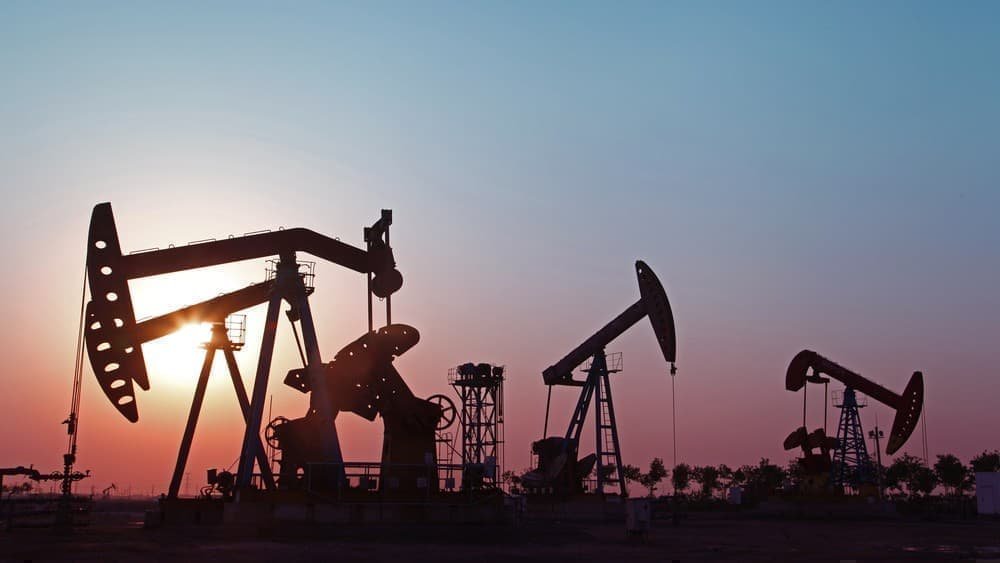In a strategic shift signaling the impact of the global energy transition, Saudi Arabia has announced the suspension of its oil capacity expansion plans.
In a strategic shift signaling the impact of the global energy transition, Saudi Arabia has announced the suspension of its oil capacity expansion plans. Prince Abdulaziz bin Salman, the Kingdom’s energy minister, revealed the decision on Monday, citing ample spare capacity to stabilize the oil market amidst evolving energy dynamics.
The directive, issued on January 30th, instructs the state-owned oil giant Aramco to halt its expansion endeavors and instead target a maximum sustained production capacity of 12 million barrels per day (bpd). This marks a significant adjustment from the previously announced goal set in 2020, which aimed for a capacity of 13 million bpd by 2027.
Explaining the rationale behind the move, Prince Abdulaziz underscored the imperative of transitioning amidst shifting global energy paradigms. He emphasized Aramco’s diversified investment portfolio, encompassing oil, gas, petrochemicals, and renewables, as pivotal in navigating this transformative landscape.
Saudi Arabia’s commitment to environmental sustainability is evident in its pledge to achieve net-zero emissions by 2060, with Aramco targeting net-zero emissions from its operations by 2050.
Moreover, Prince Abdulaziz highlighted the Kingdom’s substantial cushion of spare oil capacity, positioning it as a formidable player capable of mitigating disruptions to global oil supplies arising from conflicts or natural disasters. Currently, Saudi oil production stands approximately 3 million bpd below its maximum sustainable capacity, cementing its status as the world’s foremost holder of spare capacity.
In response to market dynamics, Prince Abdulaziz affirmed Saudi Arabia’s readiness to adjust production levels as necessary, showcasing flexibility in meeting global demand.
Critiquing the International Energy Agency’s decision in 2022 to release oil from emergency reserves following Russia’s invasion of Ukraine, Prince Abdulaziz questioned the logic of being the last country to retain emergency capacity when it goes underappreciated and unrecognized.
Amin Nasser, CEO of Aramco, echoed Prince Abdulaziz’s sentiments during the IPTC petroleum technology conference in Dharan, emphasizing his anticipation of oil demand reaching 104 million bpd in 2024 and 105 million bpd by 2025. This projection counters expectations of an imminent peak in oil demand, with OPEC data indicating a record demand of over 102 million bpd in the preceding year.
Saudi Arabia’s strategic pivot reflects a nuanced response to the evolving global energy landscape, prioritizing sustainability while maintaining its pivotal role in stabilizing the oil market.
The decision reverberates across geopolitical and economic spheres, signaling a recalibration of priorities amidst a broader push towards renewable energy and climate action. As the world navigates the complex interplay of energy transition and geopolitical tensions, Saudi Arabia’s stance underscores the imperative of adaptability and foresight in shaping the future of global energy markets.
